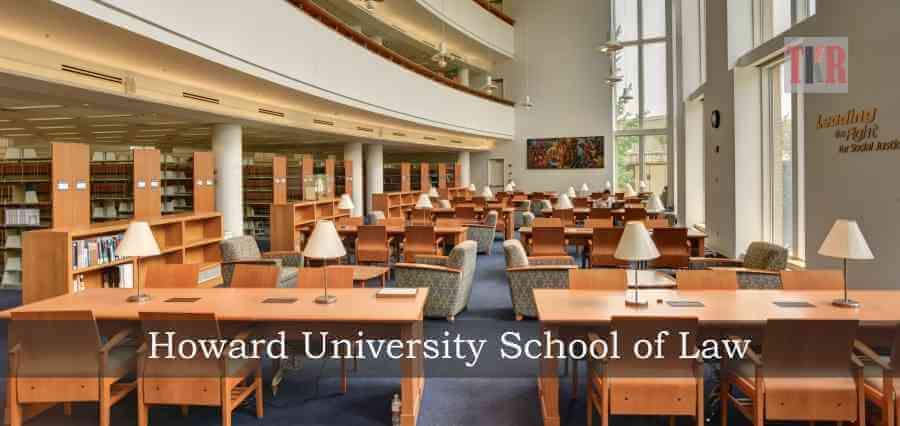The school aims to educate and enable students to develop their highest capabilities and skills as lawyers
Howard University School of Law was founded upon the principles of justice, fairness and diversity in the legal profession. In 1931, the Law School was accredited by the American Bar Association. The School of Law admitted its first class in 1869. An HBCU, the first 10 graduates from Howard Law included the nation’s first black woman law student, who became the fourth woman admitted to practice law in the United States. Howard University School of Law has retained a very special position for which it was expressly created: to offer educational advantages without regard to race, creed, color or sex.
Howard University School of Law has produced more than 4,000 ‘social engineers’ and was ranked among the top 20 public service schools by the National Jurist Magazine in 2012. Howard University’s 13 schools and colleges prepare its students to advance social justice and the preservation of human liberty. The University’s library system contains more than 1.8 million volumes, including the Channing Pollock Collection. The Moorland-Spingarn Research Center (MSRC) is recognized as one of the world’s largest and most comprehensive repositories for the documentation of the history and culture of people of African descent in Africa, the Americas and other parts of the world. The law school is located on Howard University’s West campus, where it sits on 22-acres, surrounded by the Cleveland Park neighborhood, with convenient access to the Van Ness/UDC Metro station.
About the Dean
Danielle Holley-Walker is the Dean and Professor of Law at Howard University School of Law. She earned her B.A. from Yale University and her J.D. from Harvard University. After law school, she clerked for Chief Judge Carl E. Stewart of the United States Court of Appeals for the Fifth Circuit. She also practiced civil litigation at Fulbright & Jaworski, LLP in Houston, Texas. Prior to joining the Howard faculty, Holley-Walker was the Associate Dean for Academic Affairs and Distinguished Professor of Law at the University of South Carolina.
Promoting Cultural Diversity along with Educational and Research Excellence
Founded in 1869, Howard University School of Law celebrates its 150th anniversary in 2019. Like Howard University itself, the School of Law employs cultural diversity, research intensity and dedicated faculty to produce compassionate graduates empowered to develop solutions to human problems in the United States and throughout the world. The Law School calls this producing “social engineers,” Charles Hamilton Houston’s term for “highly skilled, perceptive, sensitive lawyers” who know how to use the law to “solve the problems of local communities” and to “better the conditions of the underprivileged.”
Exceptional Infrastructure
The school’s law library, opened in 2001, houses the Juan Williams Collection of Thurgood Marshall Materials. The new Thurgood Marshall Civil Rights Center is poised to connect the 21st Century Civil Rights Movement to the community, maximize its impact and ensure its legacy.
The law school’s clinics, established in 1969, supervise students who submit U.S. Supreme Court amicus briefs, free the wrongly-convicted from prison, fight for fair housing, protect intellectual property, reunify families, represent defrauded investors and mediate employee disputes at the World Bank.
Today, Howard Law students fill the halls, the classes and their hearts, reminded each day of their special charge to care for, nurture and direct the next generation of social engineers.
Career Opportunities and Financial Support
The school provides financial aid for the betterment of the students. Fifty percent of each incoming class at the Howard University School of Law receives scholarship assistance. The school also provides a wide variety of career opportunities to the students. In the year, 2017, 86 out of 103 graduates were employed. Out of them, 30 are working as associates at a large firm (101+ attorneys), 10 working in Public Interest Positions, 13 are holding Government/ Public Sector Positions, four graduates each are working in federal and state/local clerkships, and nine of them are working in the business and industry sectors.
The school had a lot of success with employer partnerships this year. On the public service side, Howard Law successfully teamed up with the Legal Aid Society of New York (LAS) to create a spring break pro bono program. On the private sector side, Adobe brought on two of the school’s students (one JD/MBA and a 1L) to work in their in-house program, which will be a feeder for entry-level positions.









